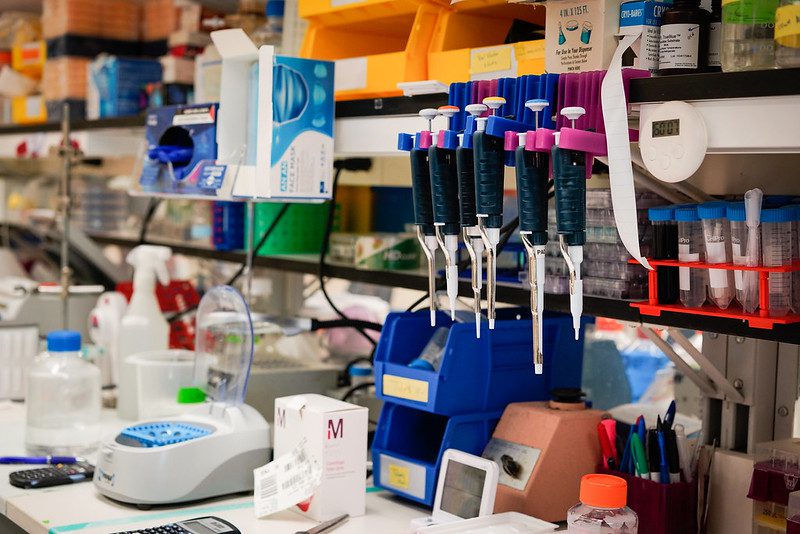The Biden Administration and National Institutes of Health (NIH) officials have initiated a review of the scope and effectiveness of U.S. biosecurity policy frameworks governing research with enhanced potential pandemic pathogens.
The review will be conducted through 2022 by the National Science Advisory Board for Biosecurity (NSABB), a Federal advisory committee that provides expert advice, guidance, and recommendations to the U.S. Government on biosecurity oversight of dual use research.
The review mission announced today builds upon the charge issued to the NSABB in January 2020 to provide recommendations on balancing security and public transparency when sharing information about research with enhanced potential pandemic pathogens; and evaluate and analyze the U.S. Dual Use Research of Concern (DURC) policies. The January 2020 charge was put on hold due to the rapid escalation of the COVID-19 pandemic to allow members to prioritize COVID-19 research response activities at their home institutions.
Recent outbreaks from viruses such as SARS-CoV-1, H1N1, Ebola, Zika, West Nile, and SARS-CoV-2 underscore the threats posed by infectious pathogens are not theoretical and the potential for societal disruption is substantial. Historically, the NSABB has played an important role in advising the federal government on strengthening oversight of life sciences research, and I want to thank the Board in advance for their expert input which will help ensure we continue to have robust policies in place that effectively balance science and security, and safely enable critical, life-saving research.
Lawrence A. Tabak, D.D.S., Ph.D., Acting Director, NIH
Research involving pathogens is vital for ensuring the United States is prepared to rapidly detect, respond to, and recover from future infectious disease threats. Such research can be inherently high risk given the possibility of biosafety lapses or deliberate misuse. However, not doing this type of research could impair the ability to prepare for and/or respond to future consequential biological threats.
NSABB Meeting Materials
Webcast
Agenda
Slides:
 Hebbeler and Gastfriend – USG Perspectives on Life Science Research Oversight
Hebbeler and Gastfriend – USG Perspectives on Life Science Research Oversight Tabak and Jorgenson – 2022 Charge to the NSABB
Tabak and Jorgenson – 2022 Charge to the NSABB
READ ALSO:



